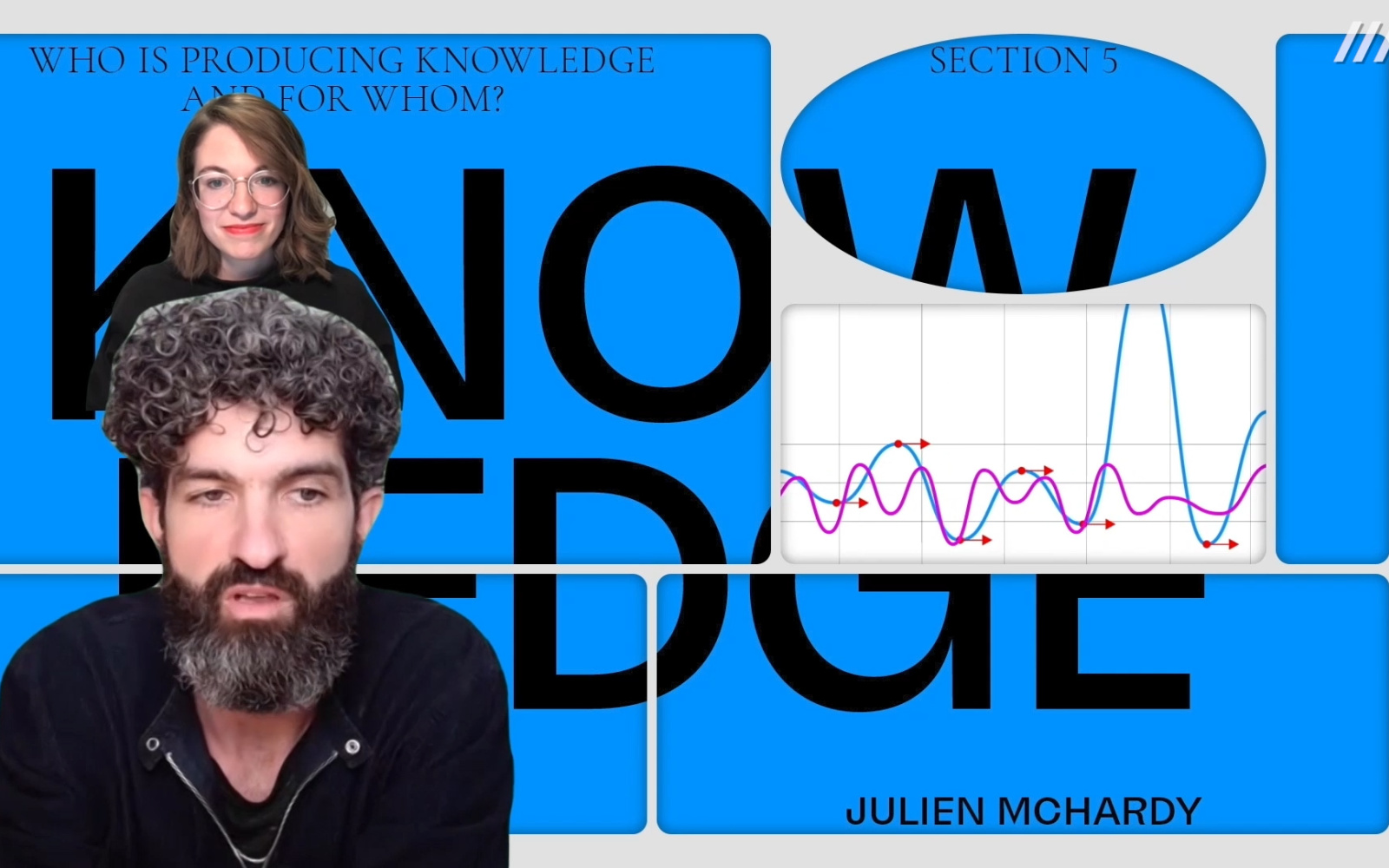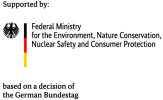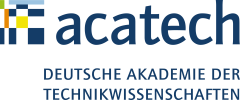Section 5: KNOWLEDGE
Driving the Human Festival
++ Please scroll down for the videos ++
Who Is Producing Knowledge and For Whom?
The creation, dissemination, and consumption of information has reached unprecedented levels. With political and economic powers exerting huge influence on the scope and content of the circulating information, the gap between the content and the actual facts and fundamental knowledge is growing. It used to be said that knowledge is power, but today information is power. How can we turn this around and distribute messages with factual content and generate valuable knowledge? This section engages critically with the production and distribution of information and knowledge.
Program
Statement by Isabelle Stengers (philosopher)
Isabelle Stengers suggests making a terrestrial commitment, following a term framed by Donna Haraway, which does not aim for a political ideal that should »drive« humans. Rather, it involves what can be called infra-politics, as in infrastructure. The interdependent relationships between the living are the infrastructure that made possible the multiple ways of being alive and acting on Earth. It is about participating in the regeneration of these relationships sterilized by modernity, about activating their capacity to nourish the struggles and experimentations, without which there will be no future worthy of that name. Isabelle Stengers on What’s urgent (French)
Panel discussion
Indy Johar (architect, co-founder of 00 (project00.cc)), Sarat Maharaj (Professor of Visual Art and Knowledge Systems, Lund University and Malmö Art Academy), moderated by Michael Kaethler
The panelists speak about the abstraction and commodification of knowledge and how the frameworks of knowledge prevent us from using our cognitive potential or from connecting with ourselves and the world around us. Sarat Maharaj suggests moving towards a more relational consciousness and taking on board the noncognitive dimensions of being in the world to remind us of our non-human connections to animals and plants.
Film screening
Karrabing Film Collective, »The Mermaids, or Aiden in Wonderland«, 2018, 27 min (Due to legal reasons, this contribution was not recorded.)
In the not so distant future, Europeans can no longer survive for long periods outdoors in a land and seascape poisoned by capitalism, but Indigenous people seem able to. A young Indigenous man, Aiden, taken away when he was just a baby to be a part of a medical experiment to save the white race, is released into the world of his family. As he travels with his father and brother across the landscape he confronts two possible futures and pasts.
Driving the Human Festival | Section 5: KNOWLEDGE
Driving the Human | KNOWLEDGE
Driving the Human Festival
November 20–22, 2020
Organized and hosted by ZKM | Center for Art and Media Karlsruhe and Karlsruhe University of Arts and Design
The »Driving the Human« cooperation is initiated and coordinated by four institutions: acatech – National Academy of Science and Engineering, the international mentoring program Forecast, the Karlsruhe University of Arts and Design, and ZKM | Center for Art and Media Karlsruhe.
»Driving the Human« is supported by the German Federal Ministry for the Environment.
Sponsors
-
Supporters
-
Part of the Future Architecture program
-
A project by






